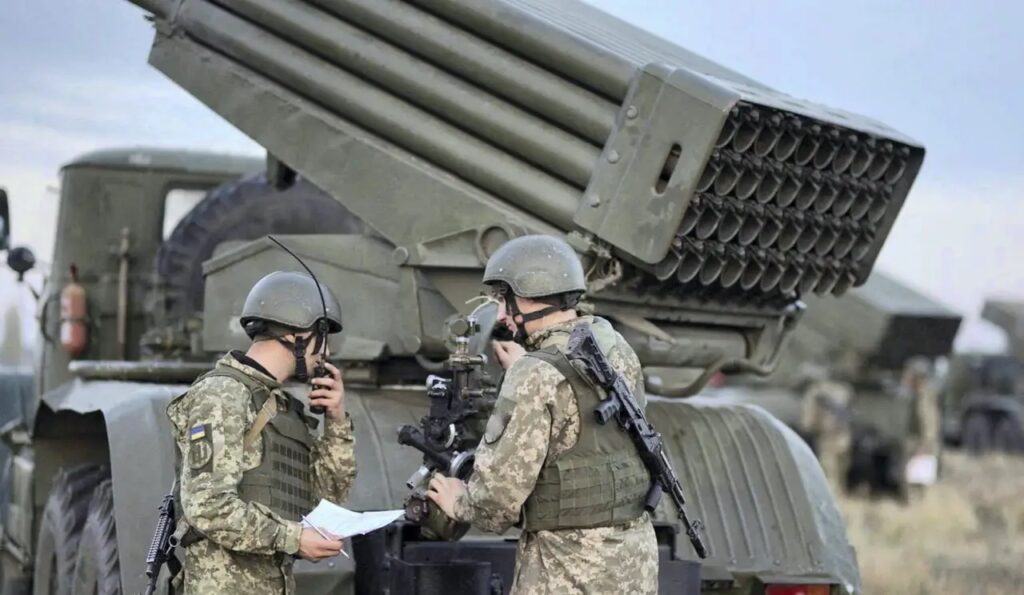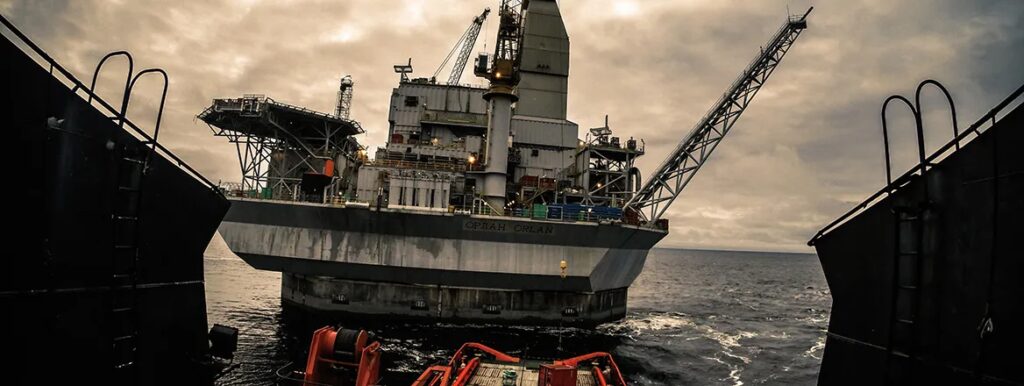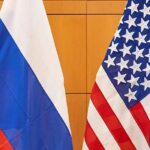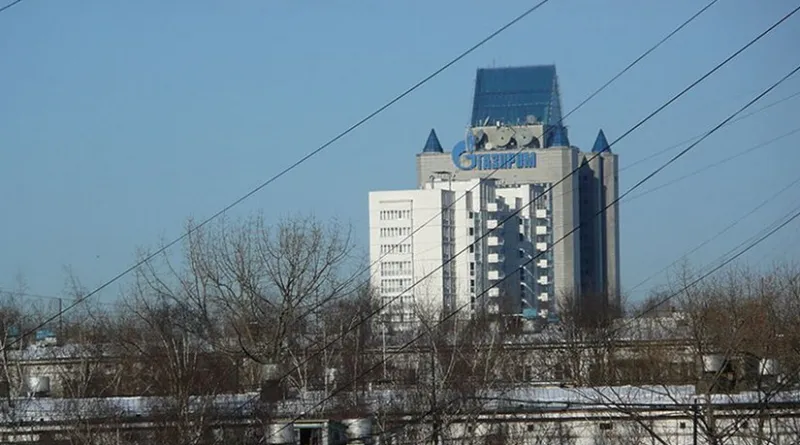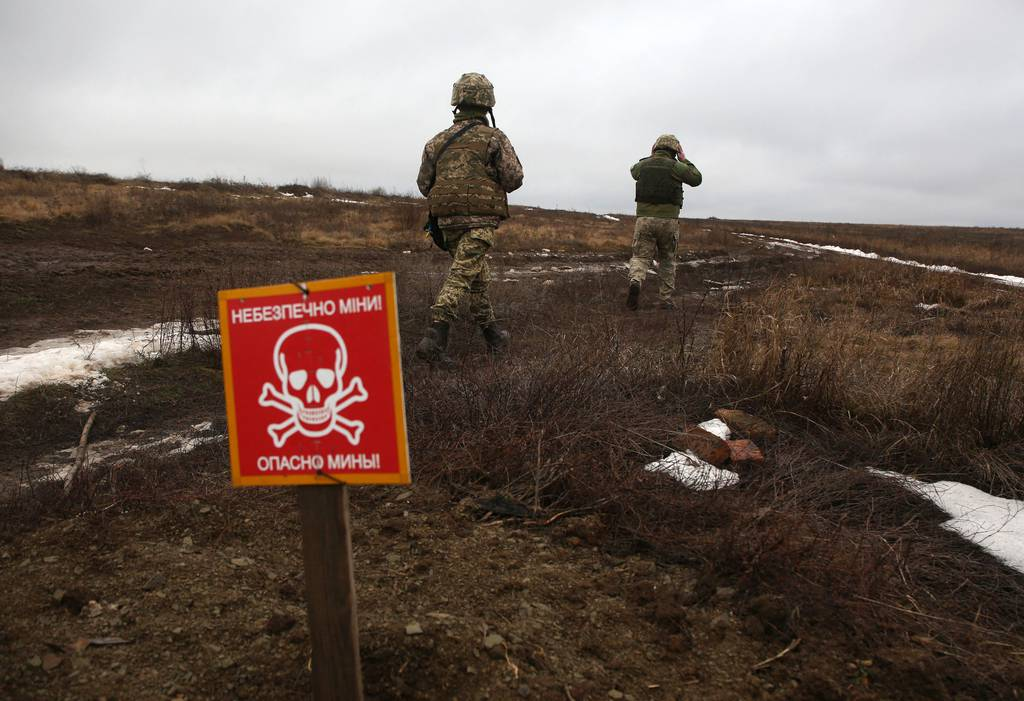Iran, Russian and China Begin Naval Drill ‘To Strengthen Security in the Region’
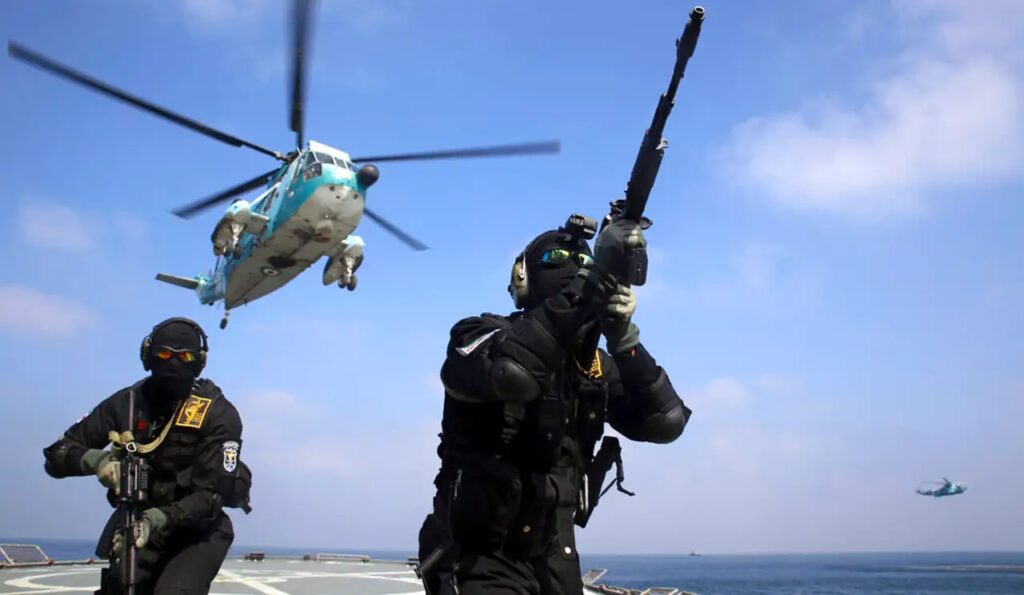
The third trilateral drill, held in the Indian Ocean, is launched as Iran seeks to boost military cooperation, stronger ties with Beijing and Moscow amid tensions with Washington
Iran, Russia and China on Friday began a joint naval drill in the Indian Ocean aimed at boosting marine security, state media reported.
Iran’s state TV said 11 of its vessels were joined by three Russian ships including a destroyer, and two Chinese vessels. Iran’s Revolutionary Guard will also participate with smaller ships and helicopters.

